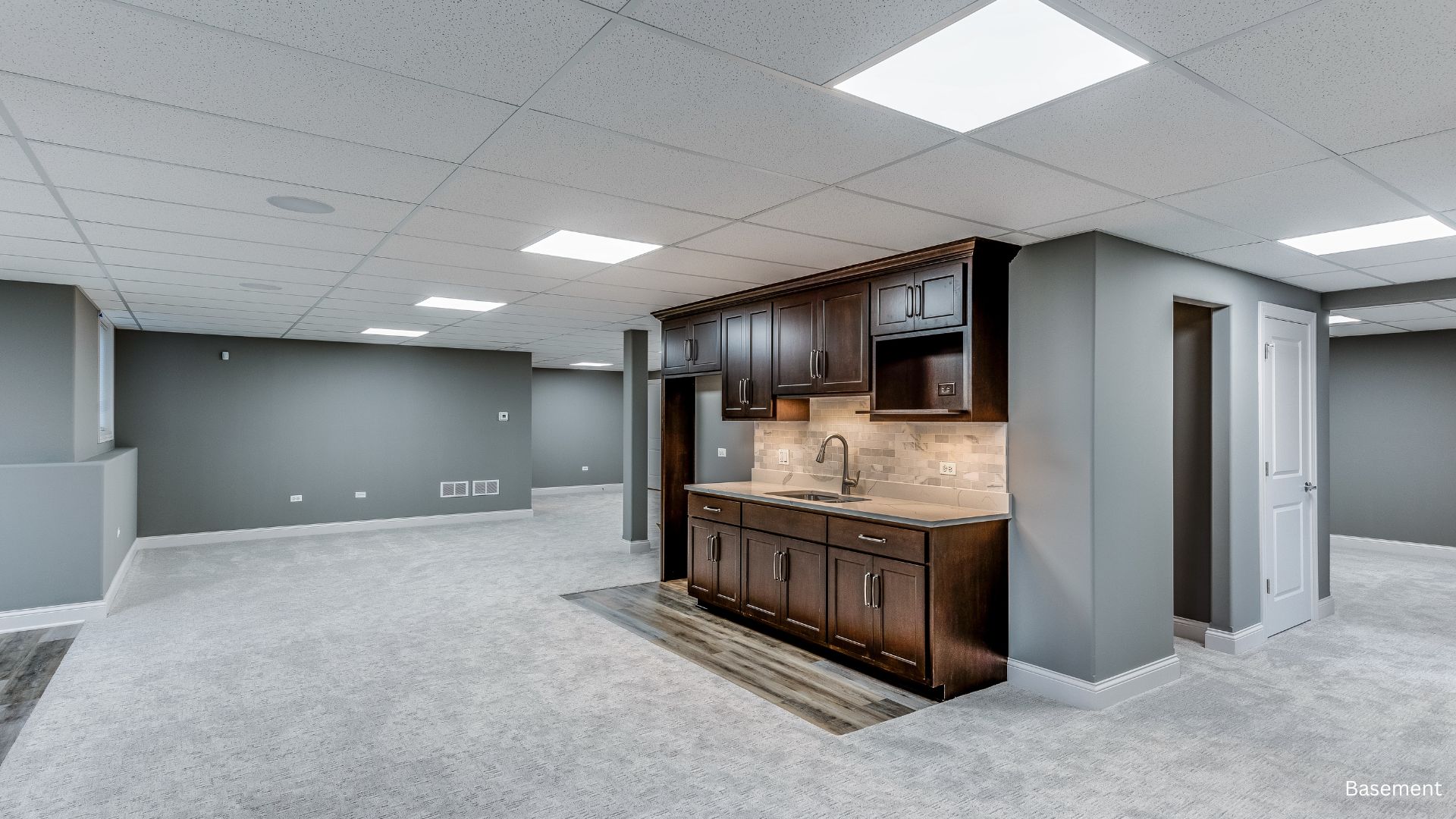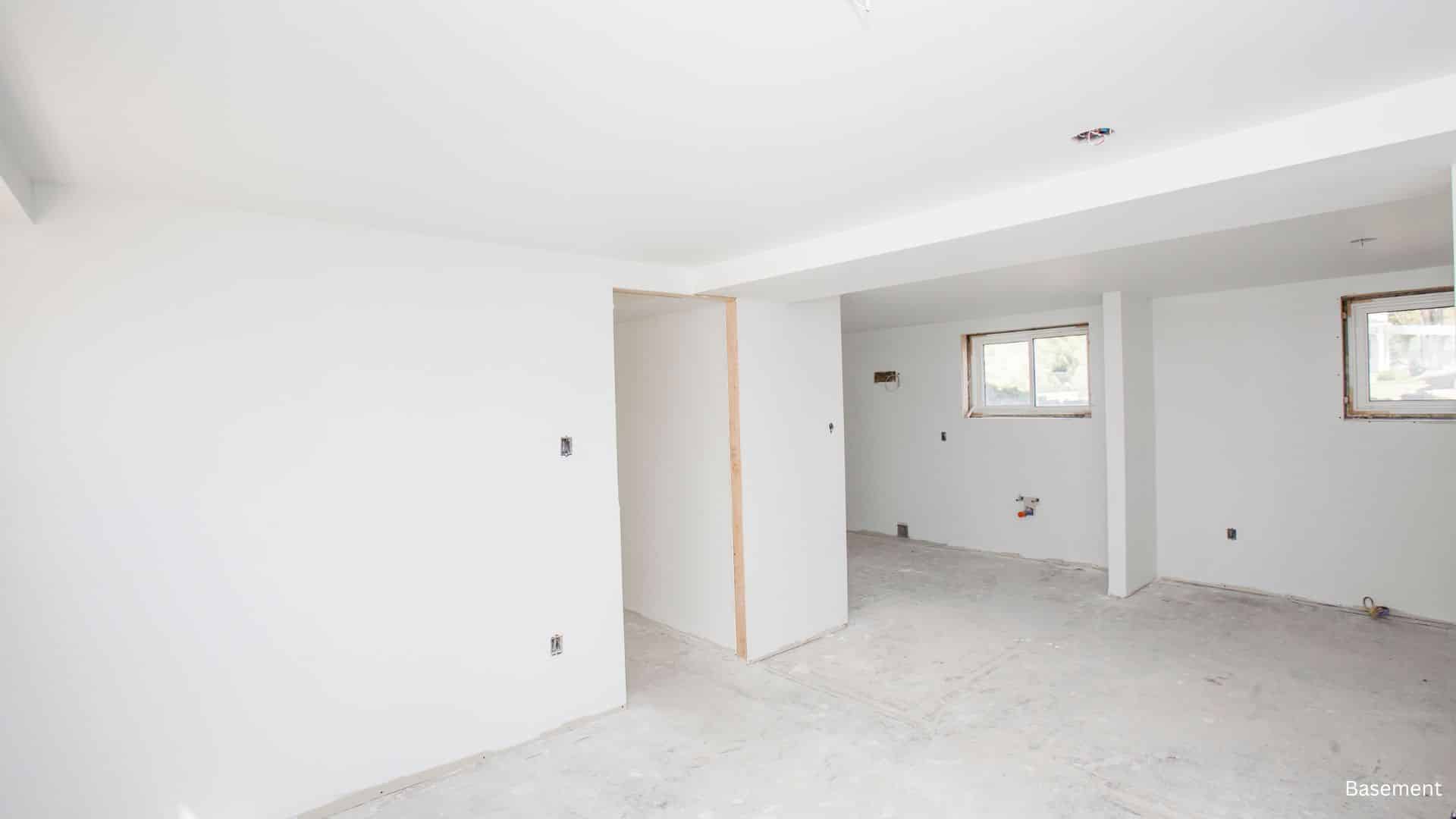If you find yourself avoiding your basement due to its unpleasant smell, take this as your sign to take action on how to get rid of musty smell in basement. With a little hard work, you can get rid of that musty smell. This article will guide you through how to get and keep your basement smelling fresh.
What Is That Musty Smell?
First things first, what is that smell? You need to find the cause and source so you can deal with it accordingly.
Typically, that distinct musty odor in your basement is coming from mold, mildew, and any material that has begun decaying from it. Because basements tend to be damp and dark, it’s extra susceptible to mold and mildew overgrowth. On top of that, spores can easily spread through the air.
For anyone that has smelled first-hand the nauseating stench of their basement, know that the culprit is likely to be mold and mildew. You need to address the problem as soon as you can. If the smell isn’t reason enough to get rid of mold and mildew, keep in mind that the stench is the least of your problems. When left unchecked, the smell of mold and mildew will permeate into the rest of your home. This poses a host of structural risks and health hazards.
Why You Need To Get Rid Of Spores
The musty odor in your basement from unchecked mold and mildew growth can compromise the structure of your home. These fungi thrive on organic materials such as wood and fabric. If you don’t clean up the mold and mildew in your basement, you’ll have more than a musty smell to deal with. Mold and mildew stains and rots walls, floors and ceilings. It can damage carpets and erode wallpaper. The larger the overgrowth, the quicker the spores spread throughout your entire home.
The silver lining about a musty basement smell is it’s one of the earlier indications of mold and mildew growth. Often you can eliminate the issue yourself before any real issues arise. However in the cases of structural damage, a professional trained in mold removal is in order.
Apart from causing damage to your basement and the rest of your home, mold and mildew pose health hazards too. Some people can be allergic to the spores and develop symptoms such as a stuffy or runny nose, headache, fatigue, coughing or wheezing, and itchy or runny eyes. Black mold, also known as Stachybotrys chartarum, has been linked to more serious side effects, including chest tightness and difficulty breathing.
Needless to say, this issue needs to be addressed. Getting rid of the smell alone won’t be enough to solve the issue. Spores can start to grow again in only 24 hours if the environment is right. To completely and permanently get rid of the stench, take the necessary steps outlined below.
Determine The Source
Identifying the cause first step to know how to get rid of musty smell in basement. The best place to start is to find the source of moisture that’s causing mold and mildew to grow.
Take a look at basement windows, entrances, windows, doors, and the ceiling. Check the plumbing from the floors above and look for any cracks or leaks. Consider leaks coming from groundwater. Re-grading the property or hiring a contractor to install a French drain might be necessary.
Address Leaks, Cracks And Openings
Even if you initially manage to get rid of visible mold and mildew, rooted spores will just cause mold and mildew to return. You need to actually solve the root of the problem which is the source of moisture.
Repair, seal, and replace all cracks and leaks accordingly. In cases where the foundation of your basement is leaking, it might be necessary to dig up the area outside and apply a basement waterproofing membrane. If not, you can coat the inside of the foundation with a waterproofing compound.
Lastly, replace any wet and decaying materials such as drywall. You can clean mold from damp drywall, concrete, and wood, but it’s usually easier to remove decaying material as opposed to repairing it.
Address The Humidity
Once you’re done with your repairs, you can use a dehumidifier to take the moisture out of the air and make your basement dry. These devices draw in moisture and then collect it in a removable tank that you can empty.
Dehumidifiers are perfect for basements and help keep the humidity levels at around 50 percent, which is low enough to avoid mold growth. You can also use a box fan or window fan to circulate the air and help with drying. When you’re finished using the dehumidifier, you should have a pleasant and dry basement.
Get Rid Of The Smell
Now that you have addressed the source of the smell, you can get rid of the existing smell without it returning. By controlling the amount of moisture in the air and taking steps to absorb odors, you can permanently eliminate the musty smell in your basement.
Start off by placing bowls of baking soda, white vinegar, or cat litter around the basement to absorb odors. You can also use commercial products specifically designed to absorb moisture and musty odors.
While you have your odor absorbers laid out, open all the doors and windows to get in as much fresh air circulating in the basement. Wear an N95 respirator mask, regardless if you’re allergic to mold or mildew. This should protect you from inhaling floating spores as you clean.
Clean the entire basement by wiping and scrubbing down all surfaces with any of the following cleaning solutions:
- Warm water and mild dish soap
- 1:1 ratio of warm water and vinegar
- Water and bleach
Unless you have the specialized cleaning equipment, we suggest hiring a carpet and furniture steamer to deep clean carpets and upholstered furniture.
With these measures, your basement should be odor-free in a week. To keep it this way, be sure to watch for leaks, keep p-traps full and continue using a dehumidifier to control humidity levels.
FAQs
1. Can a musty smell in the basement come from something other than mold and mildew?
Yes, musty odors in basements can also stem from organic matter decaying, such as cardboard boxes, old carpeting, or damp wood. Other potential culprits include sewage backups or animal infestations. While mold and mildew are common sources, it’s important to inspect thoroughly for other contributors.
2. Can poor ventilation cause a musty smell in my basement?
Absolutely. Poor air circulation traps moisture, which promotes mold and mildew growth. Installing a ventilation system or regularly opening windows can help circulate air and reduce moisture buildup, preventing that musty smell.
3. Are there specific building materials that can help prevent musty smells in basements?
Yes, using moisture-resistant materials like treated wood, waterproof drywall, and mold-resistant insulation can help. These materials are designed to withstand damp conditions and reduce the likelihood of mold growth and musty odors.
4. How can I tell if the musty smell is causing health issues in my home?
If people in your household experience symptoms like respiratory issues, headaches, or allergy-like reactions that worsen when they’re in or near the basement, the smell could be affecting indoor air quality. You may want to test for mold spores to confirm if the smell is linked to health hazards.
5. Can a musty smell in the basement affect my home’s resale value?
Yes, a persistent musty smell can deter potential buyers as it signals moisture problems and possible mold. Fixing the root cause, like water leaks or mold, and ensuring the basement smells fresh can prevent negative impacts on your home’s resale value.

Overall, for how to get rid of basement smell, know that it’s a systematic process. To make the most of your effort, make sure that you first address the source of the smell before dealing with the smell itself. Check your basement regularly for any possible water leaks, cracks, and other moisture problems. These will be the main culprits and addressing them early will save you from nasty surprises. Staying on top of what can give your basement a musty smell as opposed to addressing an existing smell will help keep your basement smelling fresh and clean all year round.











